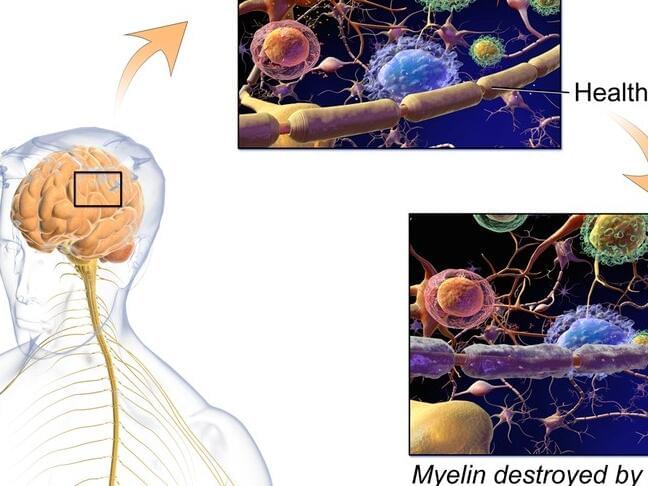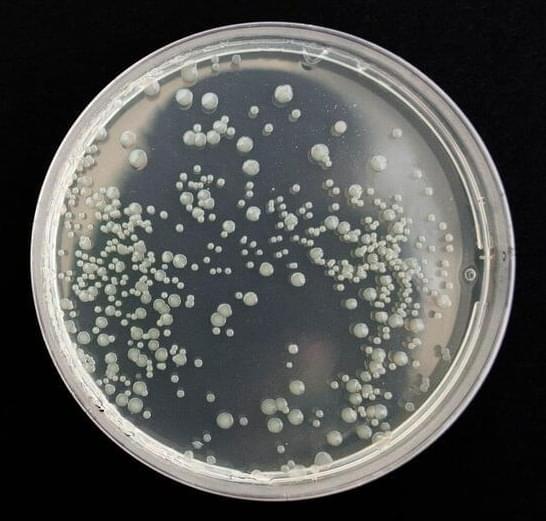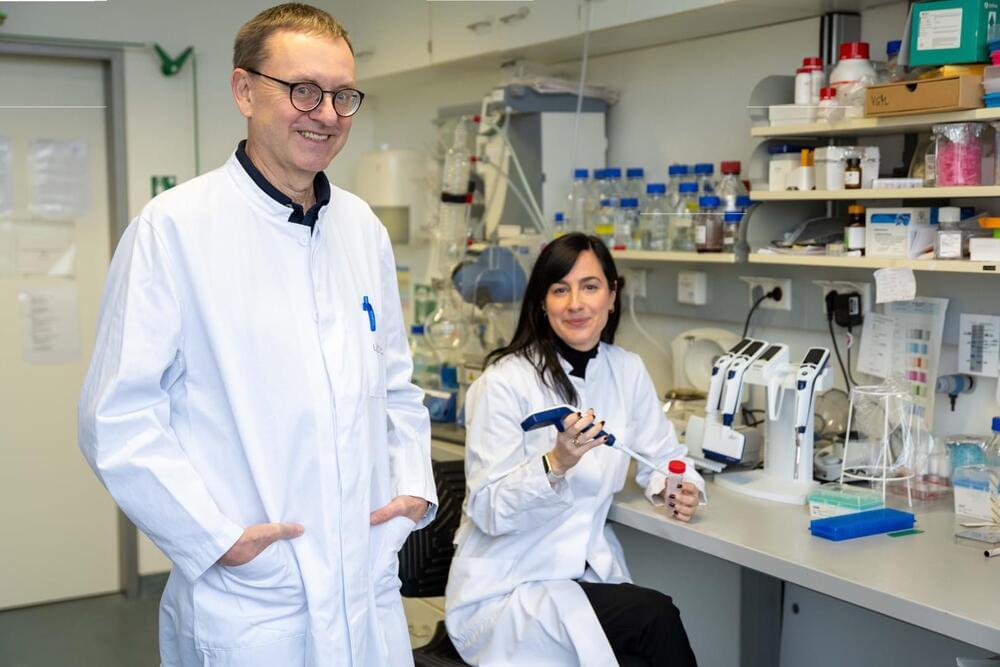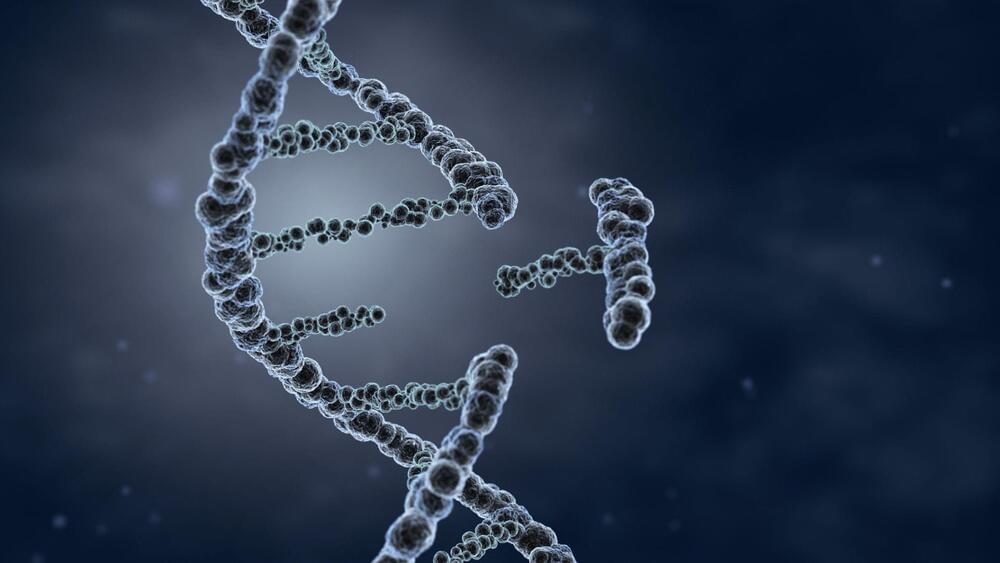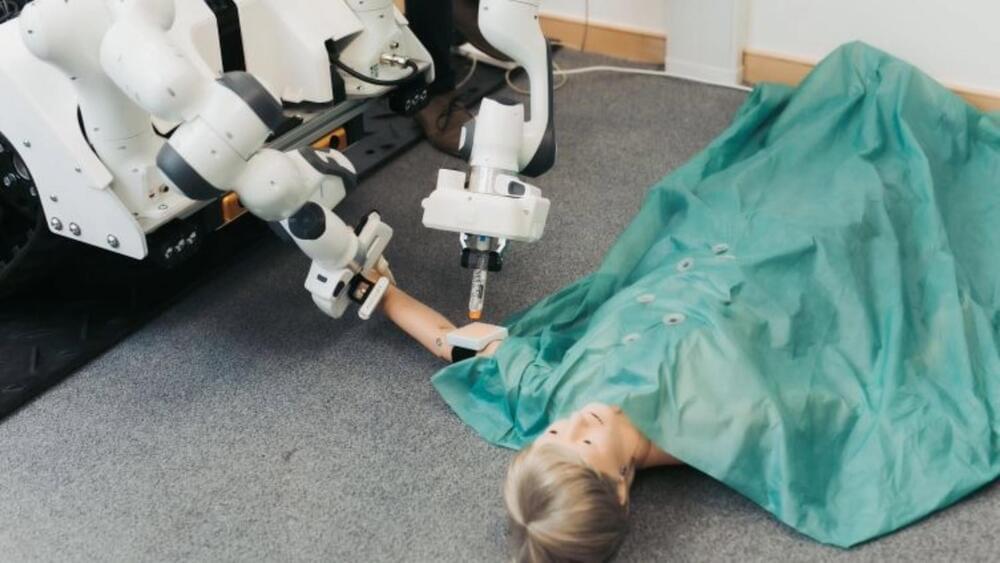Jan 21, 2024
How a Single Study Proved That Multiple Sclerosis Is Caused by a Virus
Posted by Dan Breeden in categories: biotech/medical, neuroscience
In 1,868, Jean-Martin Charcot, a neurologist at the Hôpital de Salpétrière in France, first coined the disease “la sclérose en plaques,” which means multiple sclerosis (MS) — to distinguish it from another type of movement disorder later known as Parkinson’s disease.
Though described in 1,868, the cause of MS puzzled scientists for more than a century. This is until a 2022 breakthrough study finally enlightens us that the cause is, oddly, the seemingly innocent Epstein-Barr virus (EBV), a common childhood virus that causes typical fever and sore throat.
Let’s see how one study single-handedly proves what we thought couldn’t be proved; how one study truly deserves to be called a breakthrough; and how thorough and near-perfect science is done.
